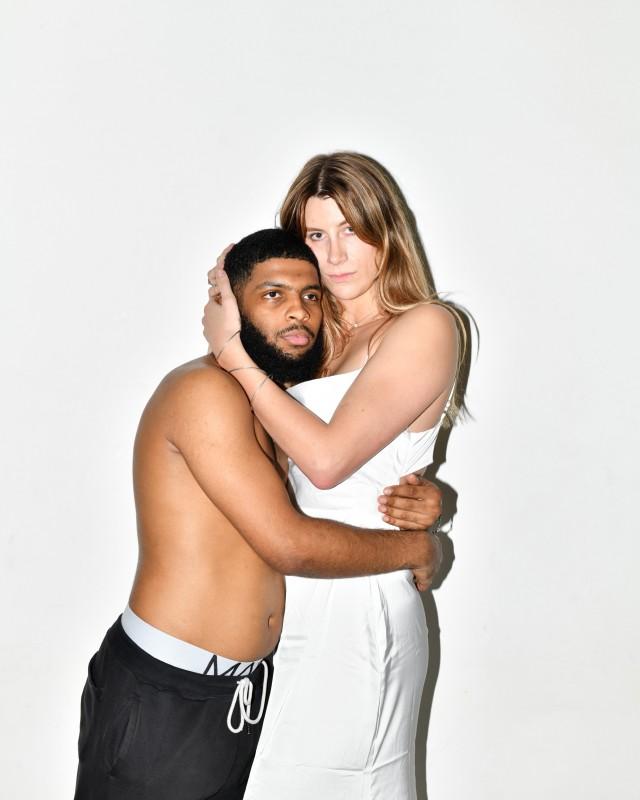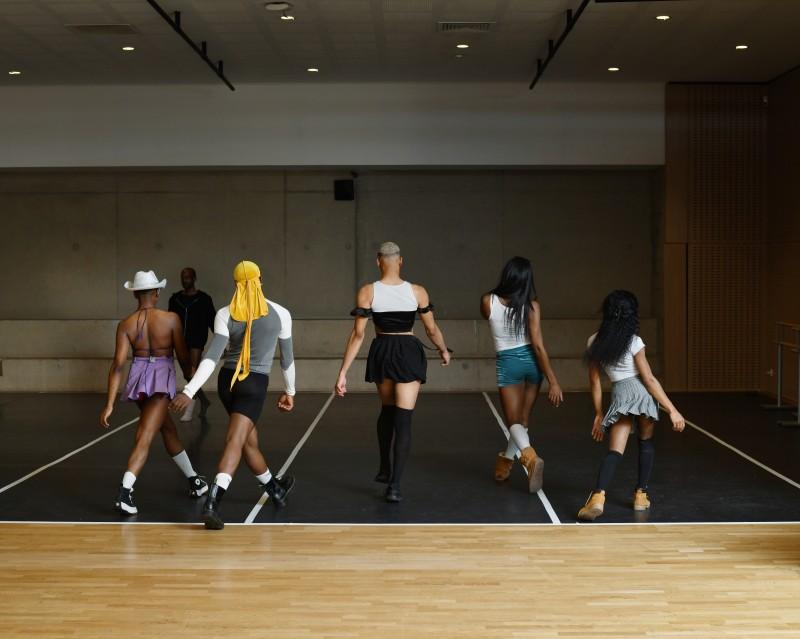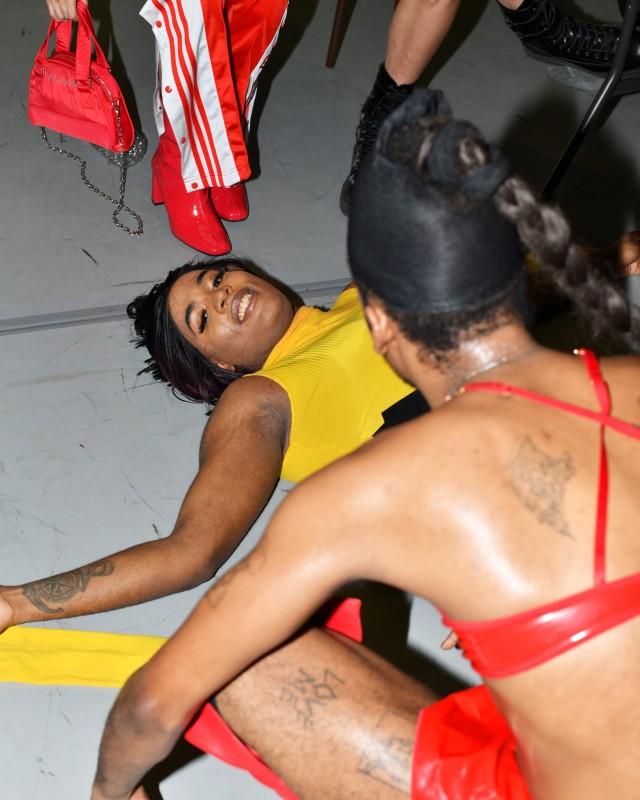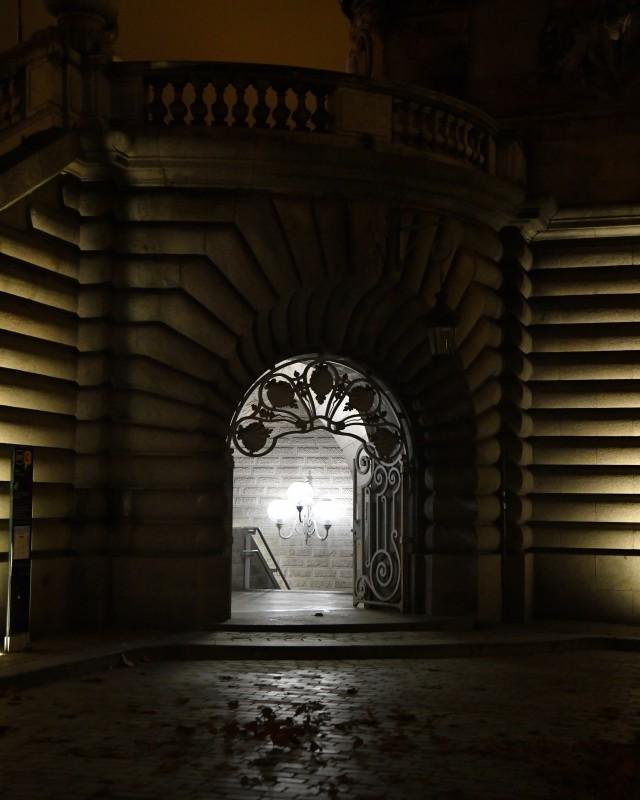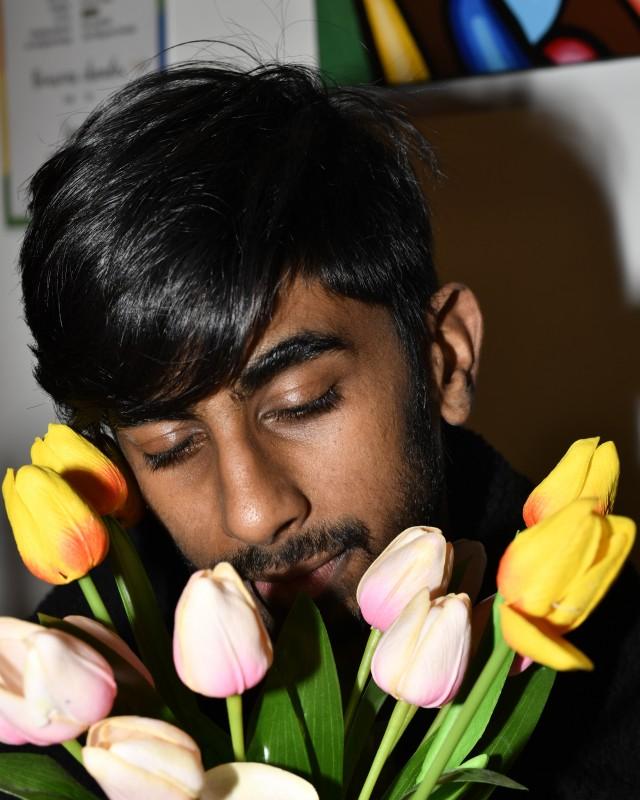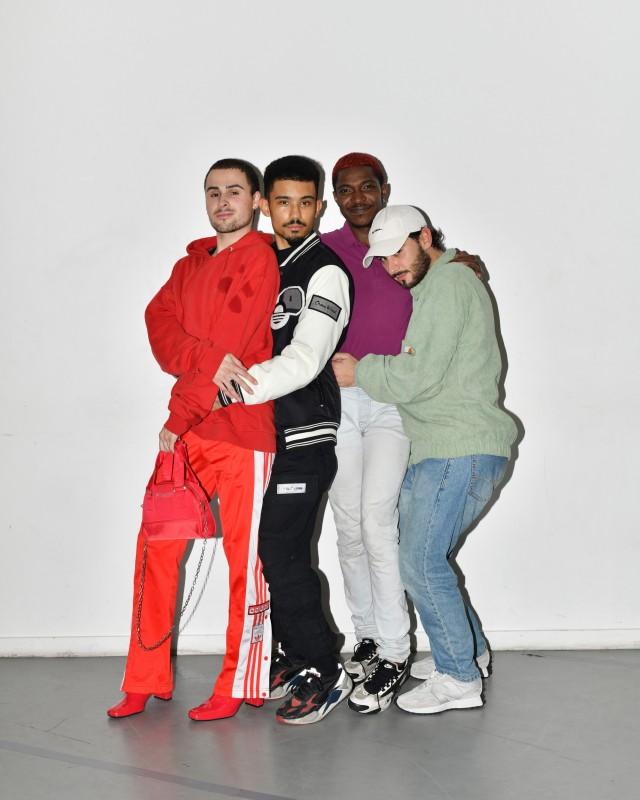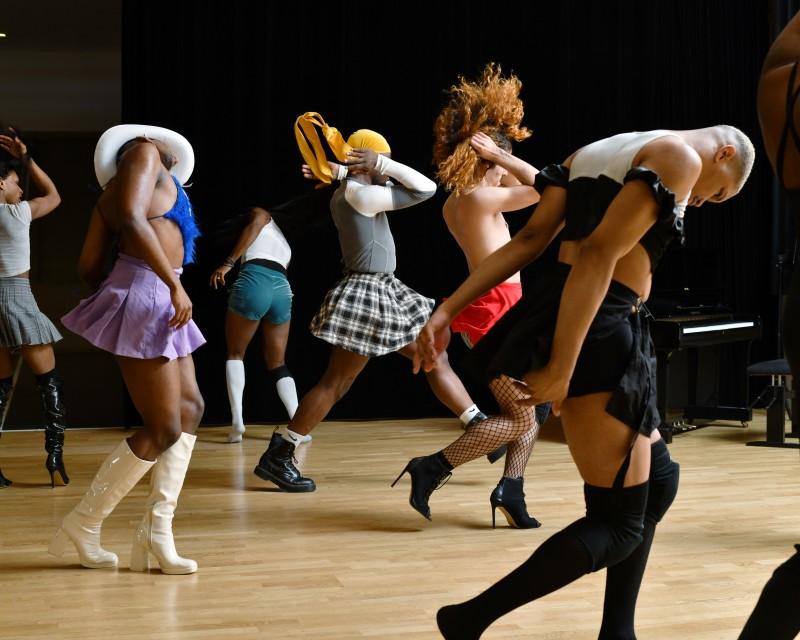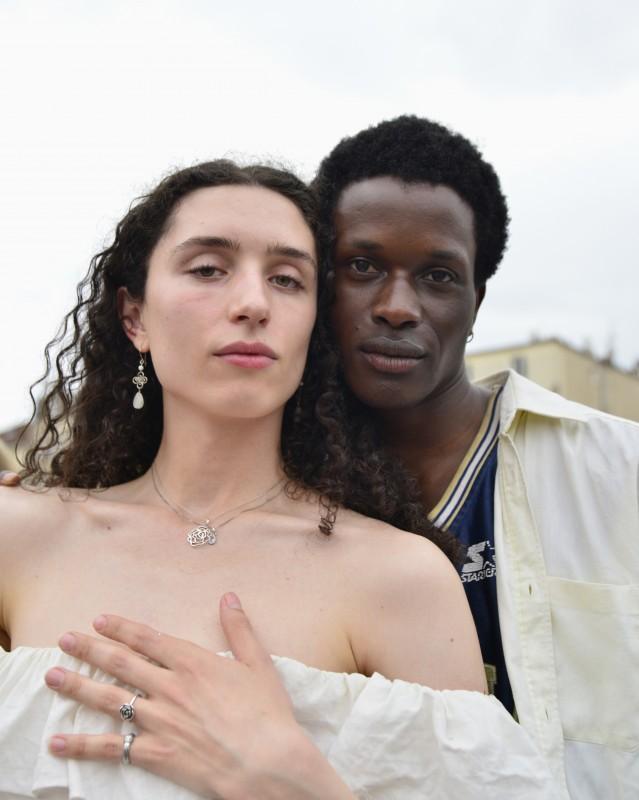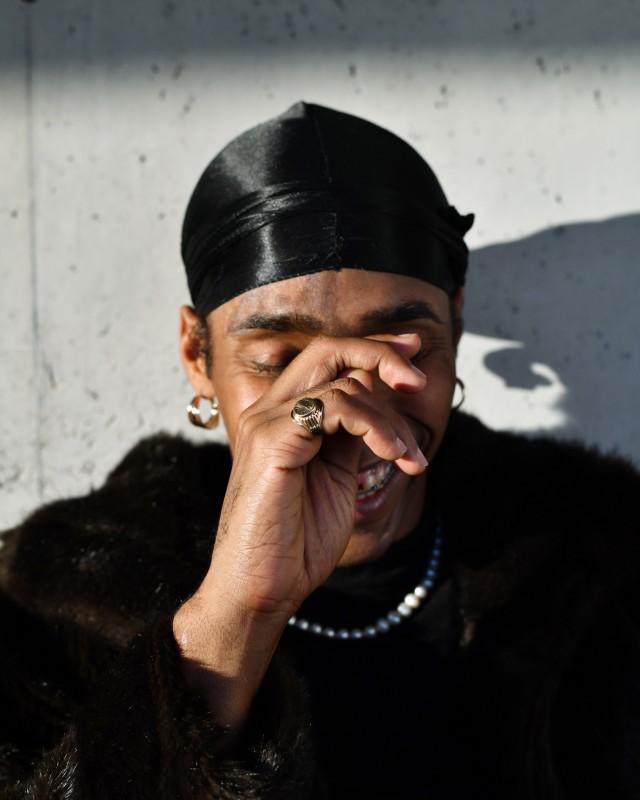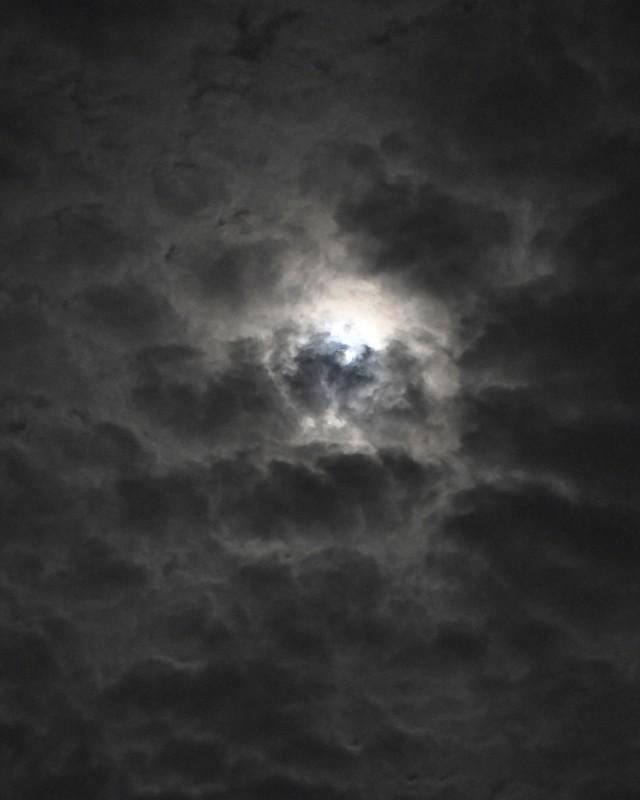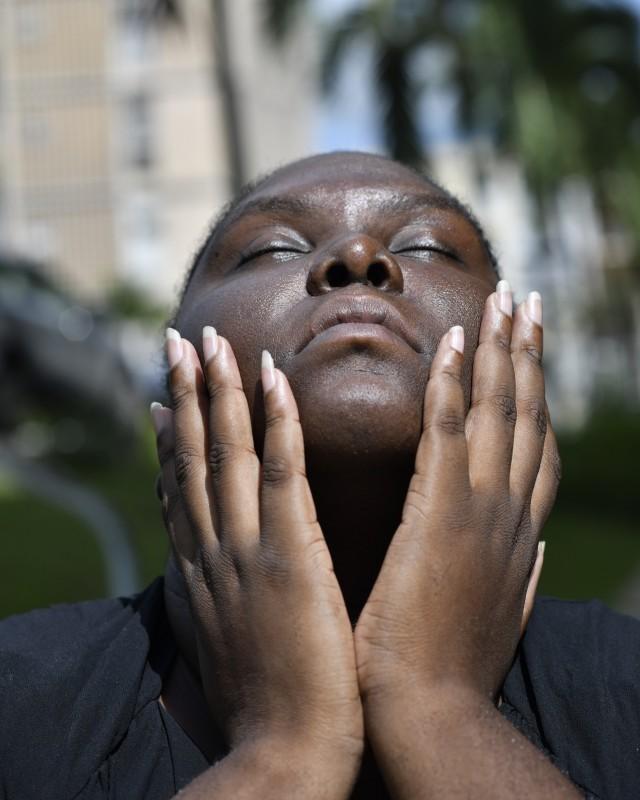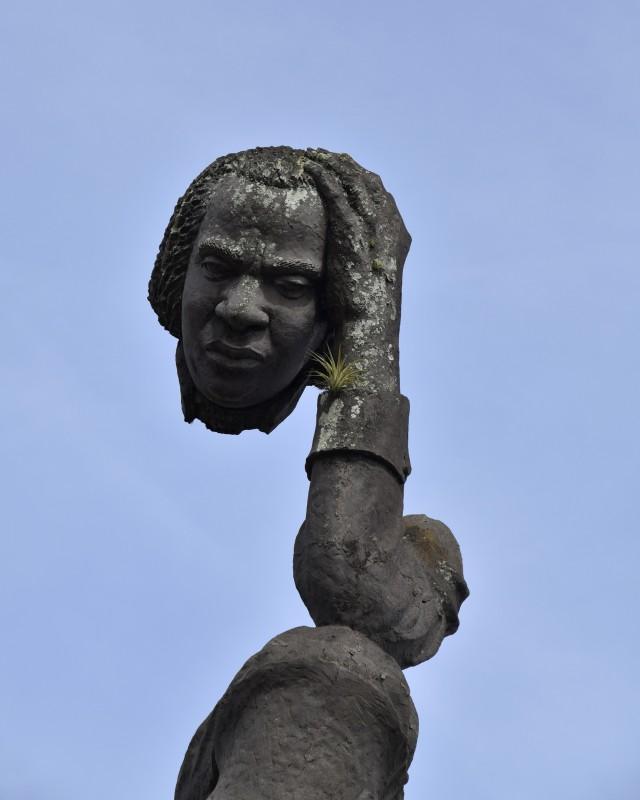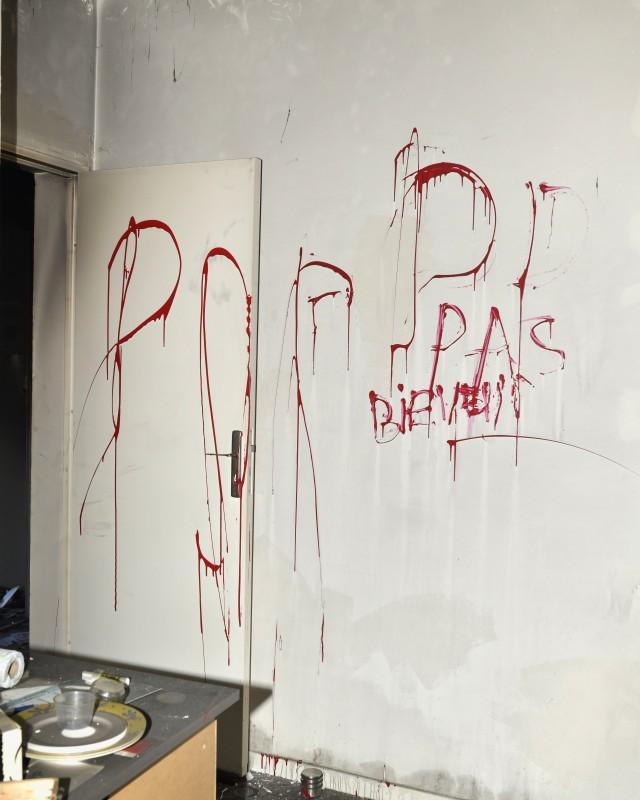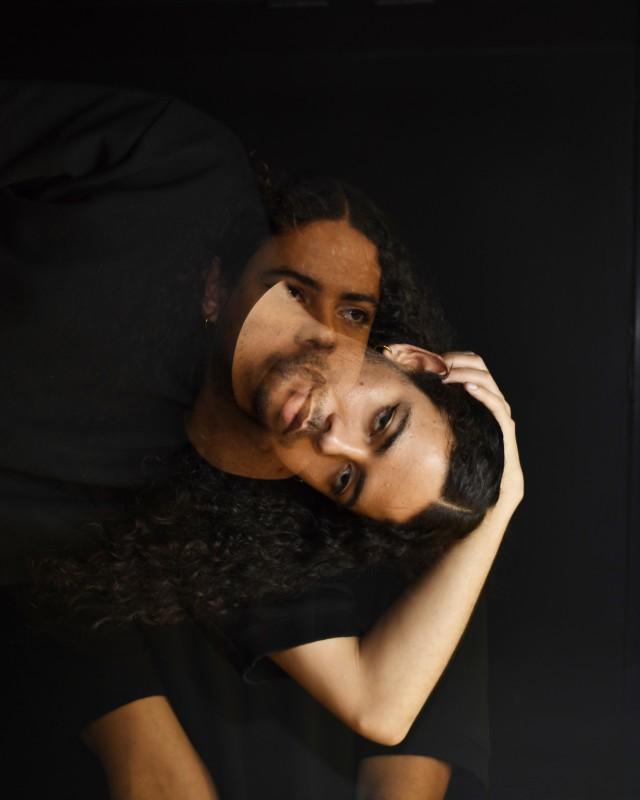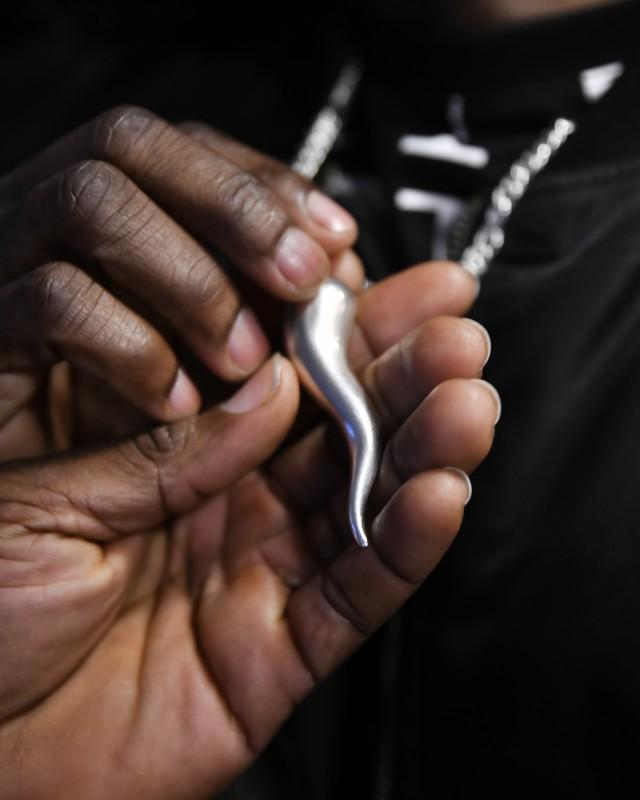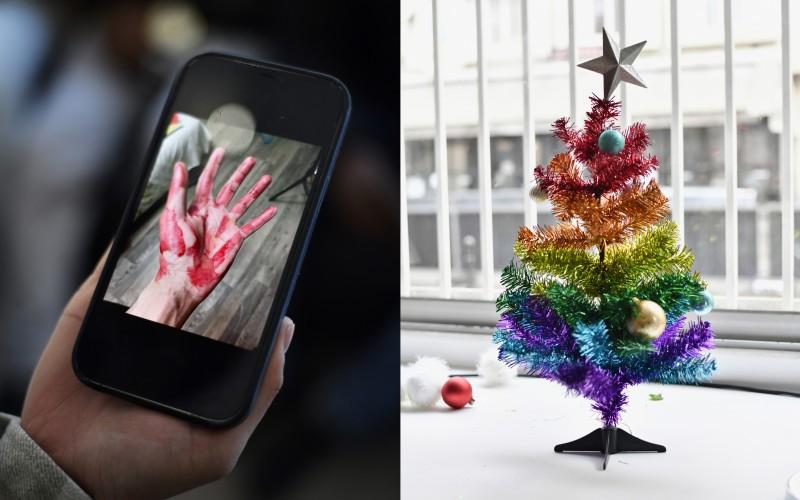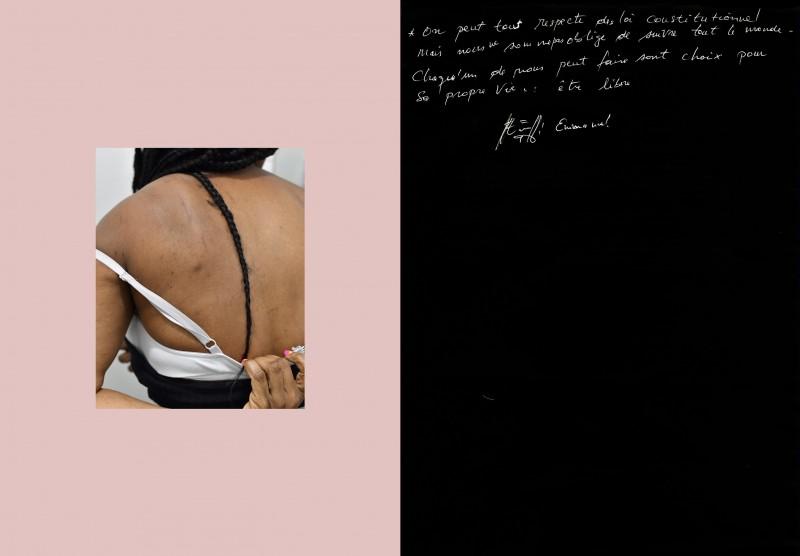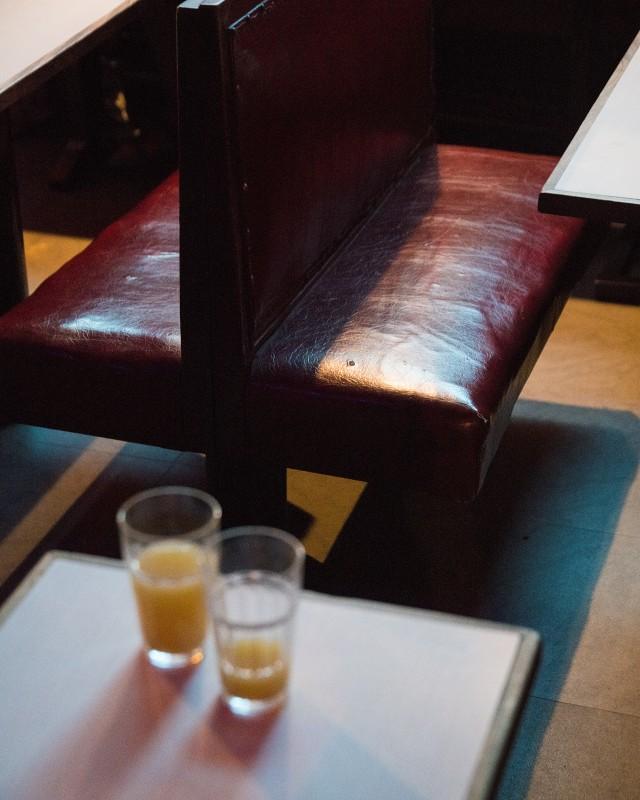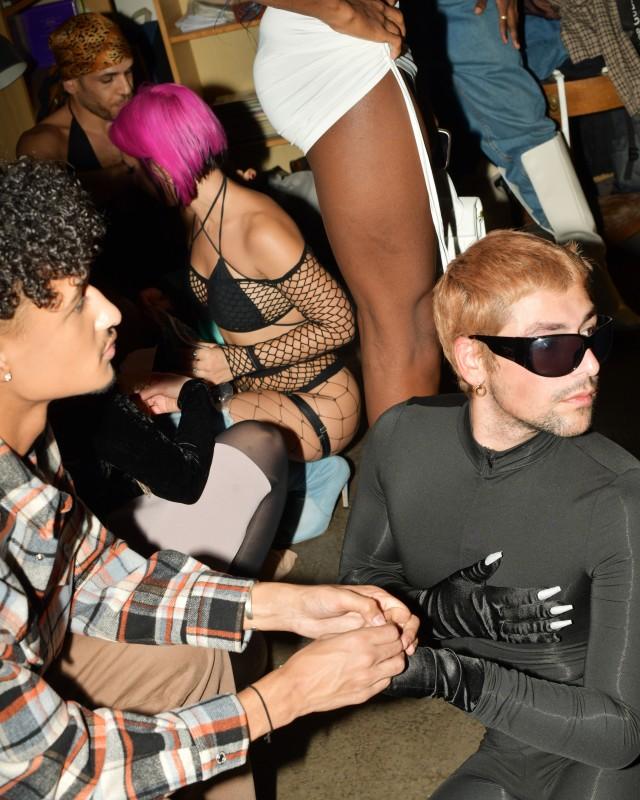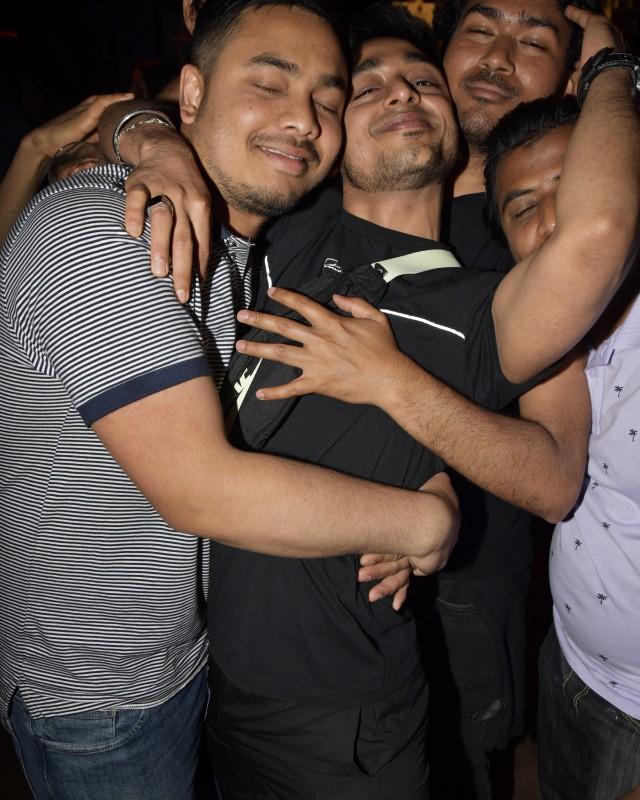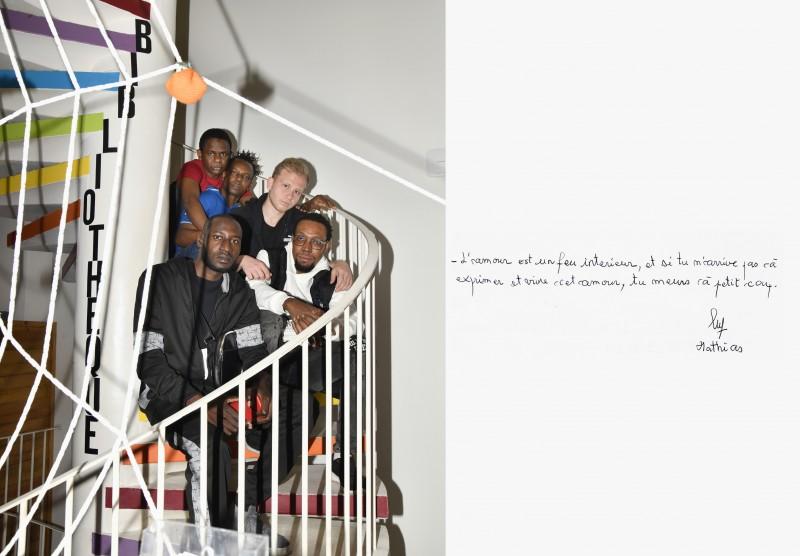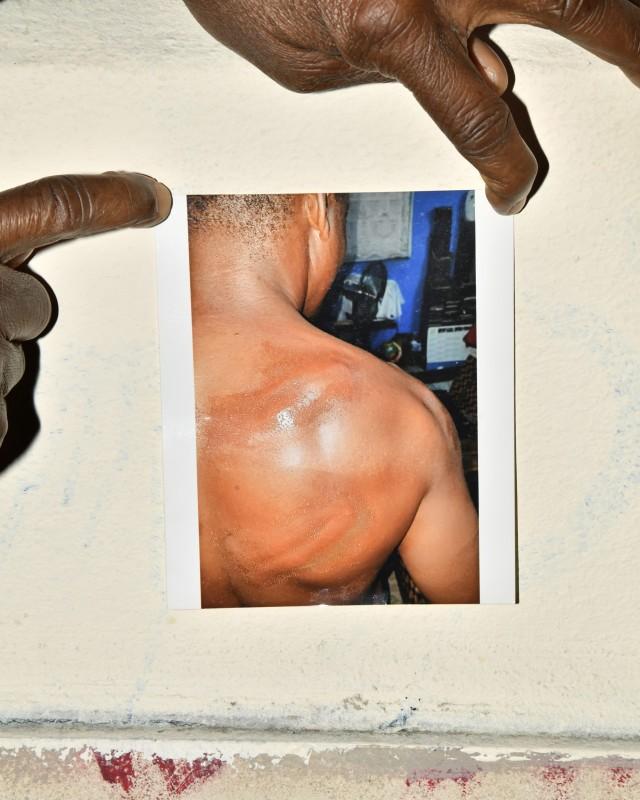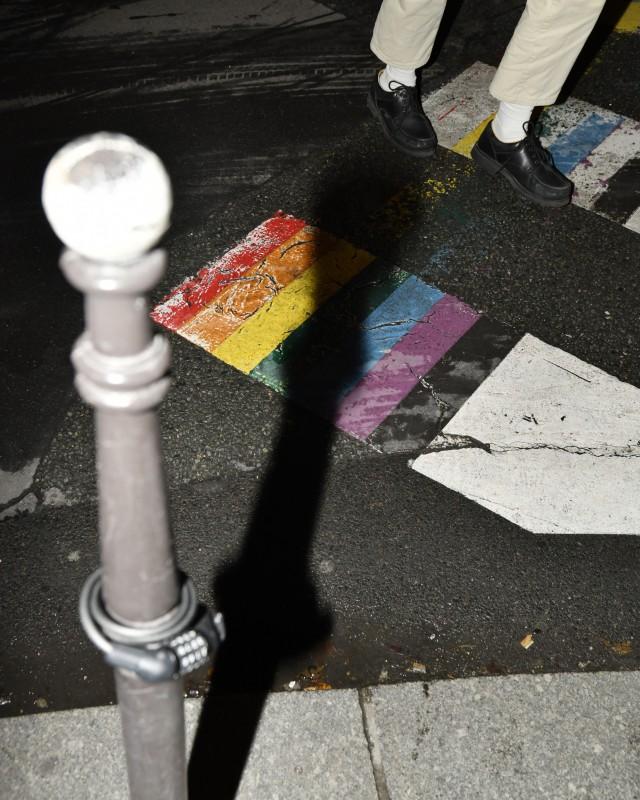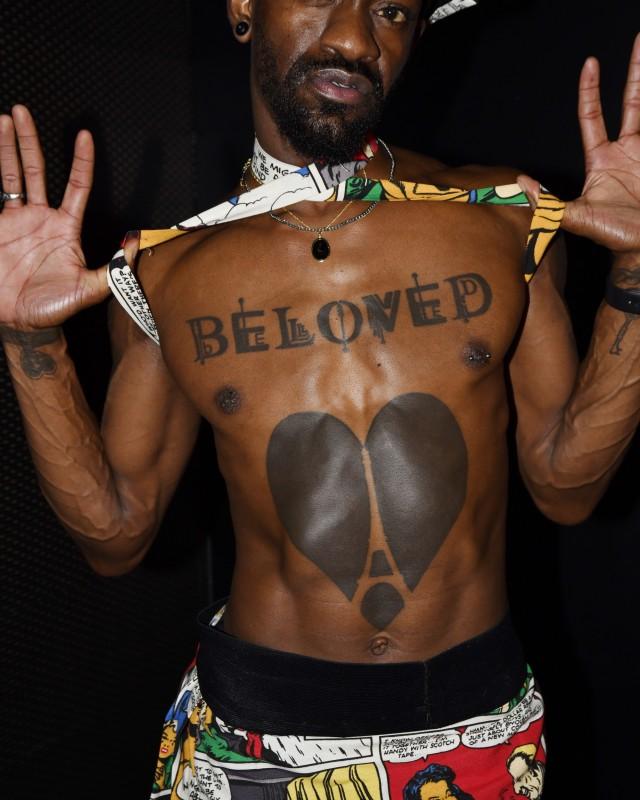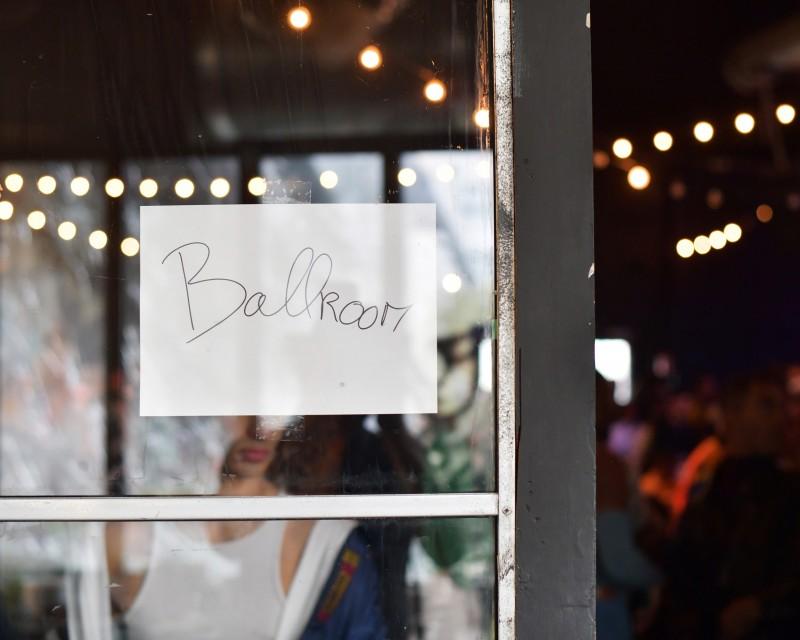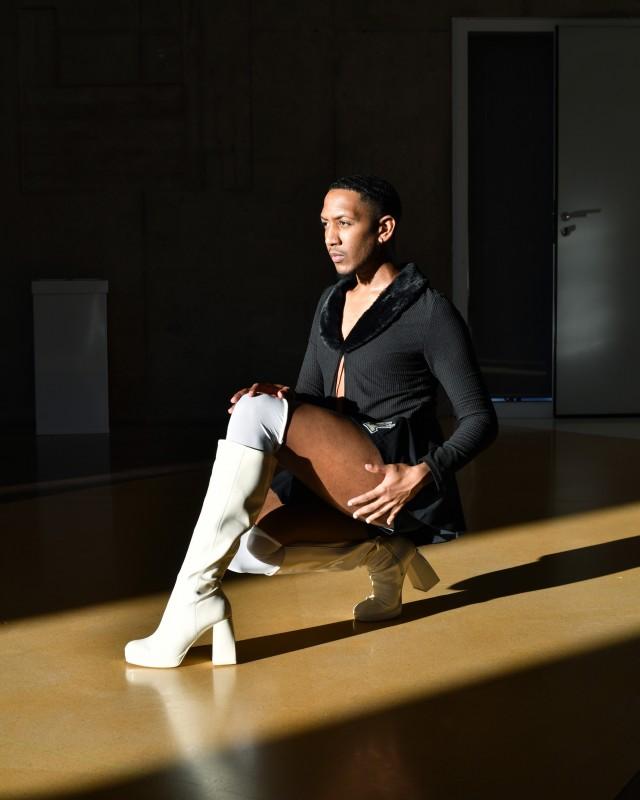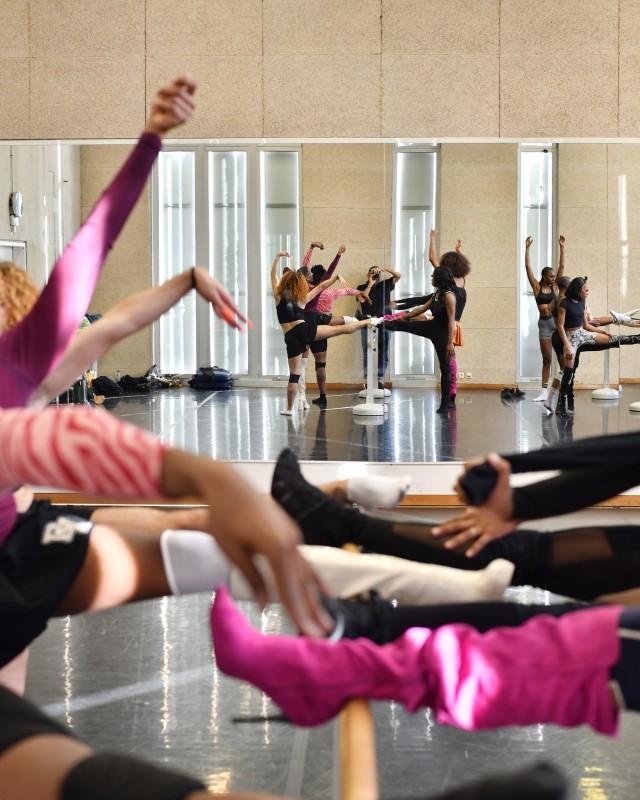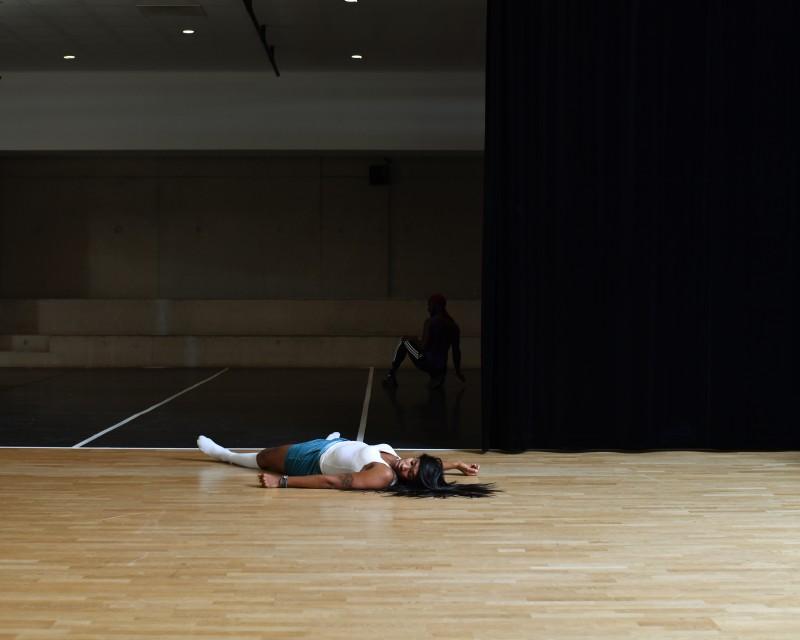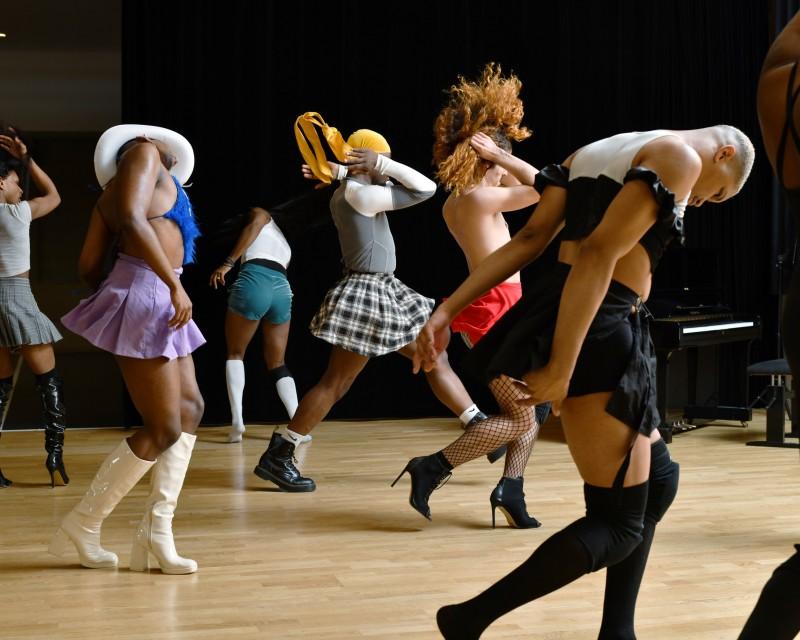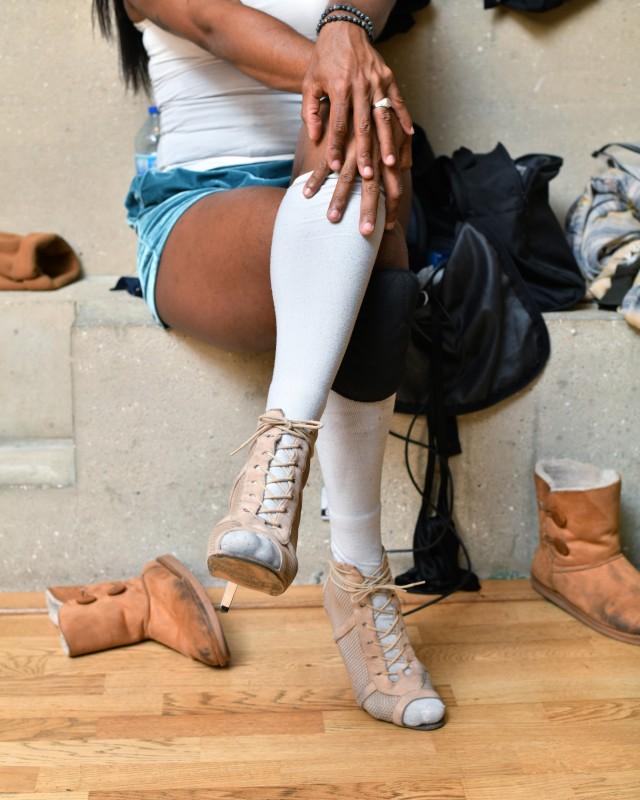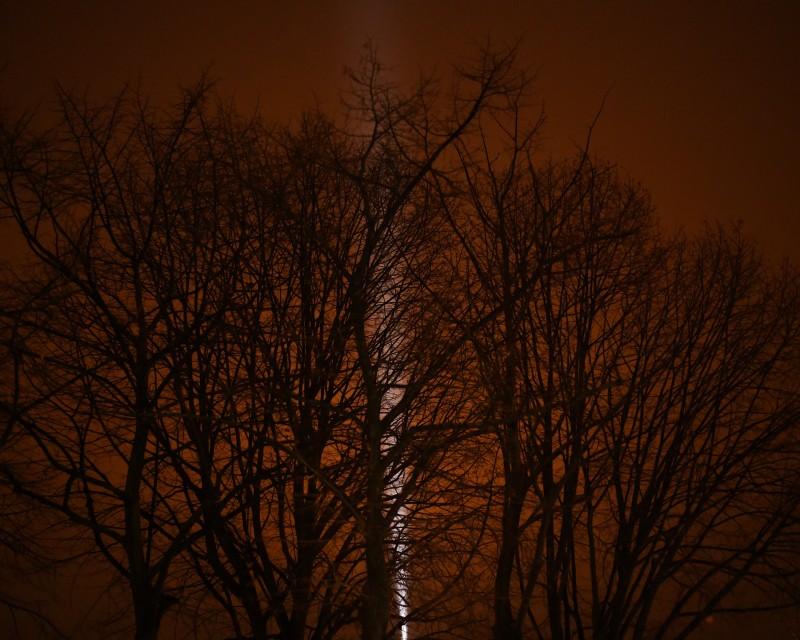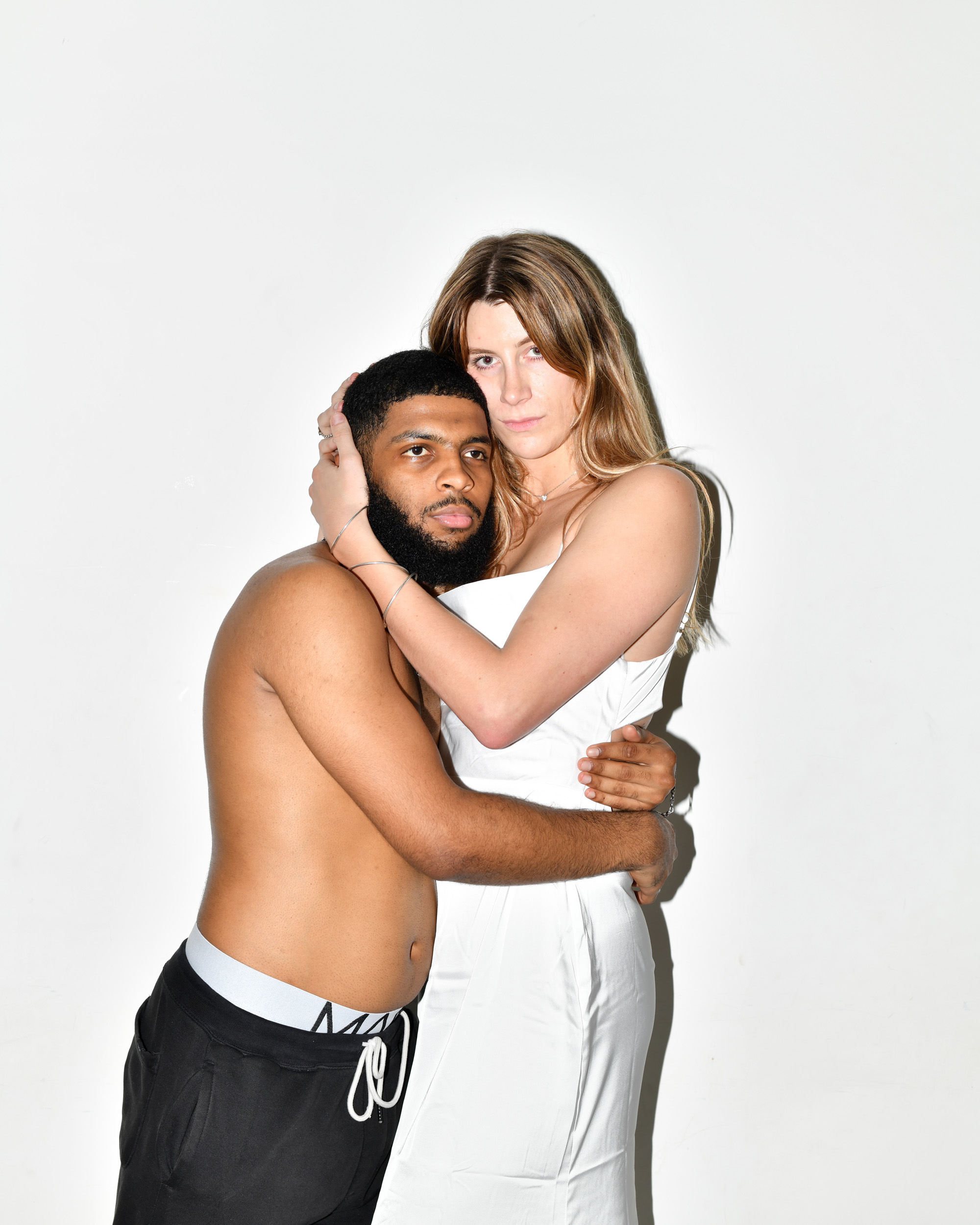
LYANNAJ
Lyannaj : Queer Care Spaces in Postcolonial France
Lyannaj is a photographic project on queer “care” spaces in postcolonial France. It was produced as part of the program Radioscopie de France led by Bibliotheque Nationale de France and French Minisiter of Culture.
Every year, a multitude of queer people from the Global South (mainly the Caribbean, Africa, Middle East and India but also East Europe) settle to France and Paris region to live their sexual or gender identity more freely, and to flee the stigmatization in their territories of origin.
Their status is very varied: among them, French people from «Outre-mers», French people from sub-Saharan migrations, migrants people from the Global South and Eastern Europe.
All these so different subjectivities are linked by a common point: being queer in a heteronormative world and moving, even fleeing, from this shared subaltern experience.
Lyannaj aims to highlight their trajectories and their strategies of affirmation through an intersectional prism, taking in count the multiple assignments that queer people may face (being queer, being black, being a migrant person, an asylum seeker, a refugee, etc.) both in the country of birth but also in the host country.
In this context and faced with a significant increase in homo transphobic acts in France and Europe in recent years, some “care” spaces for queer sociability and self affirmation are emerging, driven by associations and activists or by groups of artists and performers, such as those of the culture of the «ballroom» and «houses» or the activities carried out by the Lgbtq+ Center of Paris and the Pride des Banlieues. In these spaces, we focus on taking care of each other, through practices of alliance, or, as we would say in Creole, of “lyannaj“.
I borrow this term from the Creole culture through the philosophy of the philosopher and artist Dénétem Touam Bona. In Créole, Lyannaj means to link, combine and rally and it refers to the notion of alliance that crosses and organizes some historical spaces of resistance and marronnage. Transposed to the queer experience, it allows us to think of these spaces of care, in their political dimension of aid, friendship and allegiance.
Their resonance with Maroon communities is all the stronger because, most often, these spaces and their practices produce a counter-discourse on the margins of the system, the queer experience unfolding mainly out of sight, in a regime of invisibility. These spaces are not foreign to me. I have been around them and photographed them, at different times, since I started photography in 2003.
The photographs presented here, broken down in time and space not only constitute a personal memory but they are also intended to implement a collective photo queer archive.
For request of the photographed people, some of these photographs were included in the files processed for the asylum application with Ofpra, the French Office for the Protection of Refugees and Stateless Persons, to support the asylum seeker's request. Always for request, I also produced certificates of participation in the Lyannaj project, used as “proof” of the personal history for the interview with Ofpra. Against all expectations, some photographs helped to support Ofpra's case in favor of recognition of the right to asylum.
I am indebted to all the participants who feature in this project and to those who were photographed but are not pictured here.
Nicola Lo Calzo
Every year, a multitude of queer people from the Global South (mainly the Caribbean, Africa, Middle East and India but also East Europe) settle to France and Paris region to live their sexual or gender identity more freely, and to flee the stigmatization in their territories of origin.
Their status is very varied: among them, French people from «Outre-mers», French people from sub-Saharan migrations, migrants people from the Global South and Eastern Europe.
All these so different subjectivities are linked by a common point: being queer in a heteronormative world and moving, even fleeing, from this shared subaltern experience.
Lyannaj aims to highlight their trajectories and their strategies of affirmation through an intersectional prism, taking in count the multiple assignments that queer people may face (being queer, being black, being a migrant person, an asylum seeker, a refugee, etc.) both in the country of birth but also in the host country.
In this context and faced with a significant increase in homo transphobic acts in France and Europe in recent years, some “care” spaces for queer sociability and self affirmation are emerging, driven by associations and activists or by groups of artists and performers, such as those of the culture of the «ballroom» and «houses» or the activities carried out by the Lgbtq+ Center of Paris and the Pride des Banlieues. In these spaces, we focus on taking care of each other, through practices of alliance, or, as we would say in Creole, of “lyannaj“.
I borrow this term from the Creole culture through the philosophy of the philosopher and artist Dénétem Touam Bona. In Créole, Lyannaj means to link, combine and rally and it refers to the notion of alliance that crosses and organizes some historical spaces of resistance and marronnage. Transposed to the queer experience, it allows us to think of these spaces of care, in their political dimension of aid, friendship and allegiance.
Their resonance with Maroon communities is all the stronger because, most often, these spaces and their practices produce a counter-discourse on the margins of the system, the queer experience unfolding mainly out of sight, in a regime of invisibility. These spaces are not foreign to me. I have been around them and photographed them, at different times, since I started photography in 2003.
The photographs presented here, broken down in time and space not only constitute a personal memory but they are also intended to implement a collective photo queer archive.
For request of the photographed people, some of these photographs were included in the files processed for the asylum application with Ofpra, the French Office for the Protection of Refugees and Stateless Persons, to support the asylum seeker's request. Always for request, I also produced certificates of participation in the Lyannaj project, used as “proof” of the personal history for the interview with Ofpra. Against all expectations, some photographs helped to support Ofpra's case in favor of recognition of the right to asylum.
I am indebted to all the participants who feature in this project and to those who were photographed but are not pictured here.
Nicola Lo Calzo
